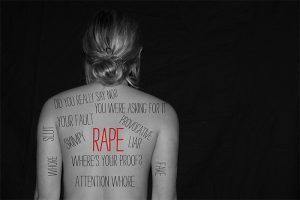
*This story was originally published in the second quarter issue of the Eagle Eye*
When the New York Times came out with an explosive news story on Thursday, Oct. 5 describing multiple sexual harassment allegations against powerful Hollywood producer Harvey Weinstein, America went into a frenzy. This story, which was 10 months in the making, described eight settlements Weinstein made with women who he allegedly sexually harassed over his dignified years in the film business and as the leader of the influential Weinstein Company.
Soon after these allegations shook the foundation of Hollywood and the media, other women—and men—in Hollywood and around the country came forward with their own experiences with sexual harassment and assault at the hands of Weinstein, as well as other producers, actors, politicians and coworkers. In these references to their own experiences of assault and gender discrimination, several highly influential men were accused.
Some of these men, such as Ben Affleck and Louis C.K., have come forward and acknowledged or apologized for their acts of sexual misconduct. Others, including actor Ed Westwick and politician Roy Moore, have yet to confirm or deny the accuracy of these allegations.
Rallying around the campaign marked by the hashtag #MeToo, stars and politicians of all calibers, such as Lady Gaga, Viola Davis, Ellen Degeneres and Elizabeth Warren, have come forward denouncing sexual harassment and misogynistic behavior. Men, like actor Terry Crews, have also come forward depicting their own experiences with harassment. On Nov. 12, the “#MeToo Survivors March” rallied protesters in Hollywood, demonstrating the influence of this movement on both social media and society.
“The fact that women are coming out and talking about their experiences is amazing, and it raises awareness of some pretty serious issues,” junior Sarah Chadwick said. “But, honestly our reaction to it shows something seriously wrong with us. To most women, this isn’t shocking. To most women, this is their life.”
These victim-turned-activists have garnered so much support and respect from the public that they were announced as TIME’s Person of the Year 2017. These “Silence Breakers” have “started a revolution of refusal, gathering strength by the day,” according to TIME.
In light of this quickly expanding movement, questions have been raised about whether sexual harassment is normalized in today’s society, and whether this is indicative of a larger and more serious issue: rape culture.
In concurrence with the release of the film “Rape Culture” in the 1970s by a group of second-wave feminists, the term became defined as a culture that normalizes sexual violence in society, whether inadvertently or purposefully. Today, the term has become very ambiguous with many people defining it based on their own experiences with sexual misconduct.
“To me, rape culture means that society accepts the fact that sexual harassment, like catcalling and other kinds of stuff, is just a part of it,” sophomore Naomi Rosenberg said. “Boys can still be sexually assaulted, but usually they are the ones not being accountable for what they do to girls. People just say ‘boys will be boys’ and are done with it.”
According to the U.S. Equal Employment Opportunity Commission, in 2016 alone there were 12,860 reports filed of sex-based harassment in any work environment, 83.4 percent of which were filed by women. Not only that, but a study done in 1994 by the U.S. Merit Systems Protection Board showed that sexual harassment caused the federal government $327 million because of sick leaves, job turnovers and productivity loss.
This and other more recent studies done demonstrate that it is not just those in Hollywood who have to deal with sexual harassment in the workplace.
But the question remains in the minds of many Americans: does this sexual harassment and the reactions to it indicate a culture in America that propels the ideas that this behavior is acceptable in society?
A 2014 study done by Society for Consumer Research found that 65 percent of women in the United States have experienced some sort of street harassment (catcalling, groping, flashing, etc.), and 47 percent of these women explained that after the harassment or harassments, they would often feel unsafe in an area unless they assess their surroundings beforehand.
In these cases of harassment and rape, the issue of victim-blaming has often come to the forefront. These debates are marked by arguments that some women “invited” the harassment or rape through their words or their clothing. Some women believe that this issue in America is evidence of a society that inherently objectifies women.
“I had a stepdad…who used to say to me that I shouldn’t wear certain things because like people would take advantage of me or something like that,” junior Lauren Snow said. “I don’t feel like that should be the default mindset of people. I shouldn’t have to be afraid of wearing something because of what people might do or say to me. That isn’t right.”
Furthermore, in many of these cases, people’s confessions of sexual harassment are met with intense disbelief and support for the accused. Last year when Fox reporter Gretchen Carlson came out accusing and suing Fox CEO Roger Ailes for sexual harassment, many of Carlson’s own colleagues came out in support for Ailes, even when she won a $20 million settlement from him.
“Honestly, people just don’t really believe women in the same way they believe men I think,” Chadwick said. “And that kind of sexism just so deeply rooted in our society, we don’t even realize we are doing it.”
A rising question amidst of all these allegations at once is why these women or men never came forward previously to report their sexual assault. In fact, only 16 to 35 percent of all sexual assaults are reported according to the U.S. Bureau of Justice. This fear peer disbelief the shame of the confession itself and denial all play a large role in why people often do not report their sexual assault. Furthermore, the fear of consequences from their boss, the perpetrator themself or those who stand behind them play a factor.
“In many cases, it all goes back to power and control,” Holly Carotenuto, Crisis Intervention Specialist of the Nancy J Cotterman Center said. “The individuals who are being accused of these crimes, indecent and inappropriate behaviors often held power over the victims.”
The long-term mental effects of rape or sexual assault also often lead victims to suppress their experience or choose to hide it from others. According to the Rape, Abuse & Incest National Network, 33 percent of female rape or sexual assault victims contemplate suicide and 94 percent of female victims experience symptoms of PTSD within two weeks of the event. They are also 10 times more likely to experience substance abuse.
“A substantial portion of the people that come to us for help are suffering from PTSD,” sexual abuse attorney Stuart Mermelstein said. “Many of them come to us after years of living with the memory of what happened to them, thinking that if they just brush it aside they will forget about it. But, what they ultimately find, is that that makes it worse; what helps the most is talking about it and being an activist for their own rights.”
With 105 public figures accused of sexual assault since the Harvey Weinstein allegations, though, it is evident that as people have come forward with their own stories, it has inspired so many more to do the same despite their fears and obstacles.
These societal characteristics are often cited as major instances of how rape culture pervades American society. Another argument, though, contends that those committing acts of rape, assault and harassment are the “bad seeds” of this society, not indicative of our society as a whole in which rape or sexual assault is condoned.
“If we look at Hollywood, yeah, rape culture and the casting couch has been a thing for a long time,” junior Em Jiminean said. “But, looking at America as a broad scope, that doesn’t describe our culture at all.”
Still, the issue of rape culture and sexual harassment have been increasingly put in the public eye. Because of this, experts have been working towards ways to reduce the prevalence sexual assault and harassment. Psychologists explain that the mentality young boys have on women and relationships trace back mainly to their childhood examples.
“The biggest influence on a boy’s view of women often comes from the relationships he witnesses including parents, friends and other family members,” Carotenuto said. “It is important for adults to demonstrate healthy relationships in front of children.”
In order to do fight sexual harassment, Carotenuto explains that people not only should teach youth about consent, but they also should call out their peers for sexist remarks and resist victim blaming when some tells their story of sexual assault.
“As children grow they should be taught to understand the changes in their bodies,” Carotenuto said. “Sexual assault can happen to females and males at any age by anyone. Education should be continual and open non-judging conversations need to take place in homes and schools.”
This issue, as controversial as it is, has penetrated the popular culture of our society, both in social media and in reality. Experts, psychologists and activists alike are looking towards a future in which sexual harassment, sexual assault,and rape are not seen as commonplace.

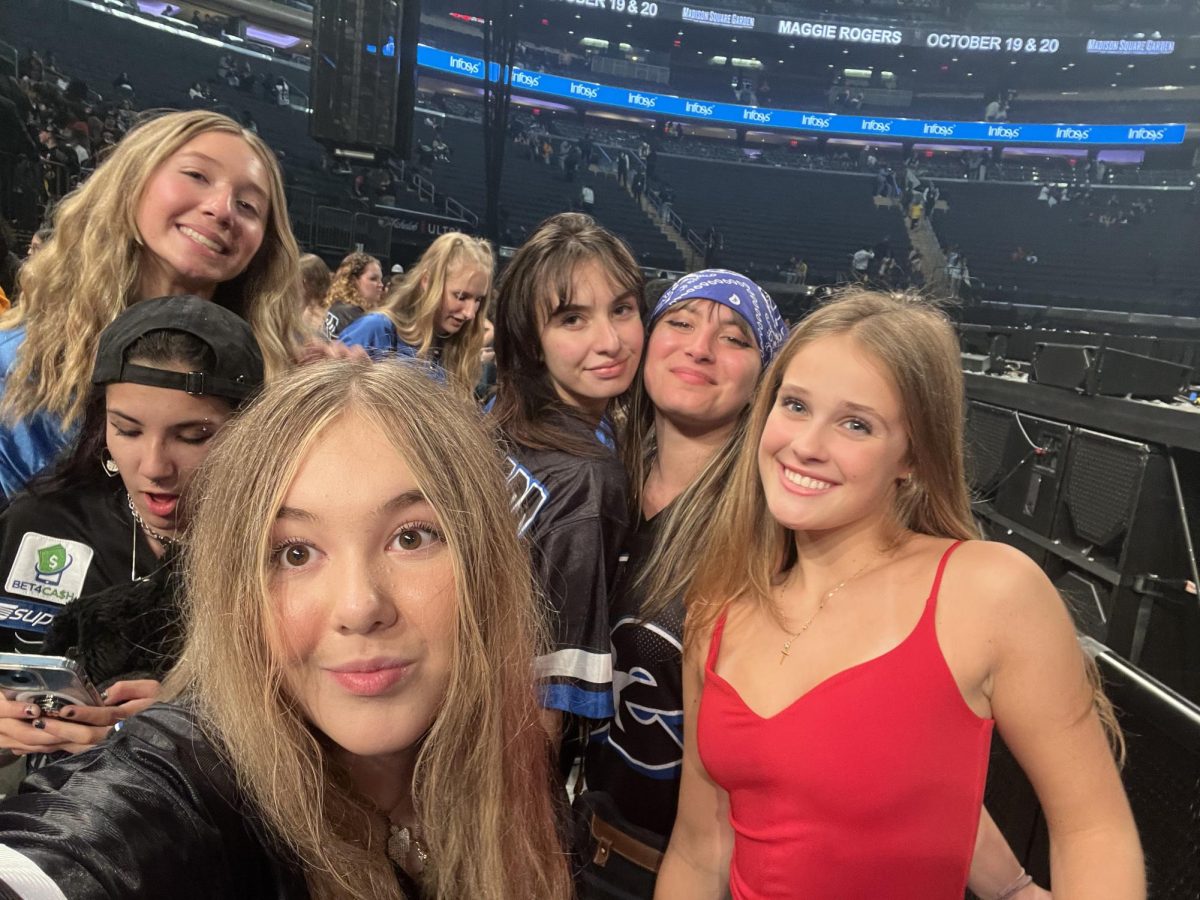
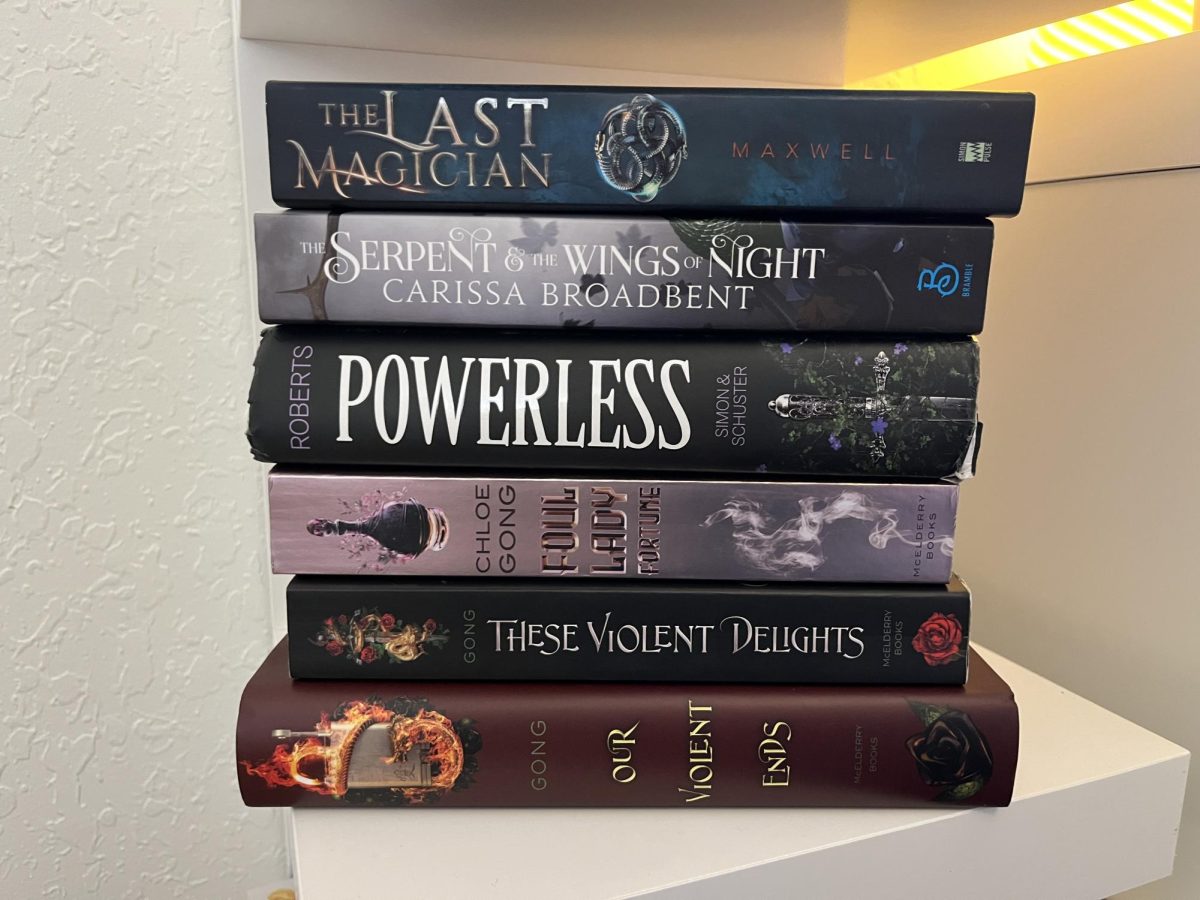

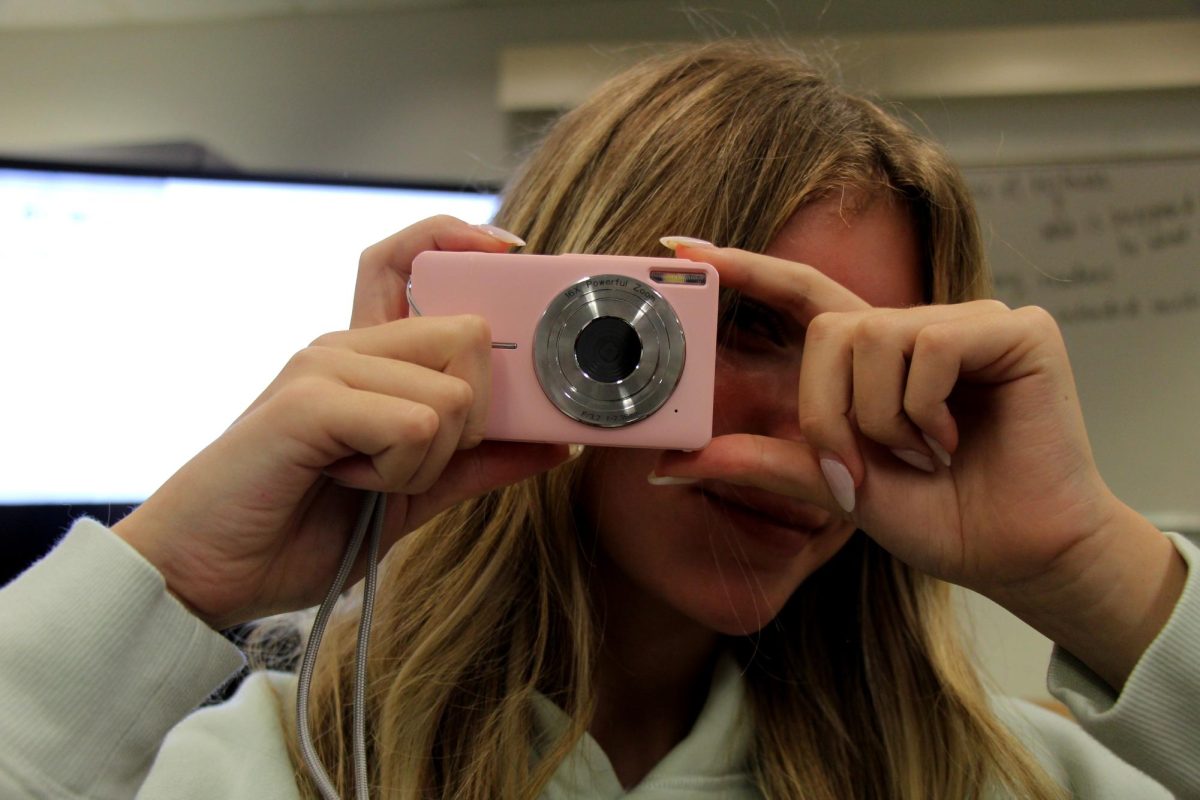
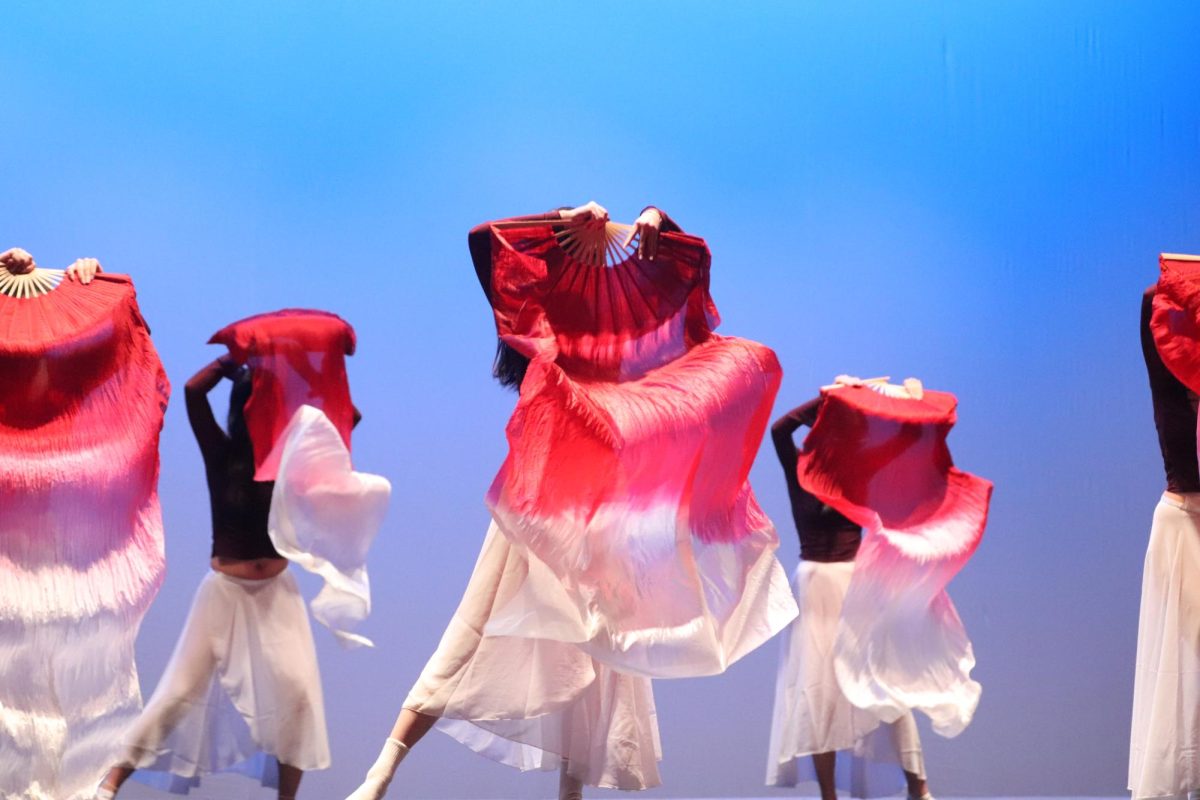
![National Honor Society Sponsor Lauren Saccomanno watches guest speaker Albert Price speak to NHS members. National Honor Society held their monthly meeting with Price on Monday, Nov. 4. "[Volunteering] varies on the years and the month, but we have started a couple new things; one of our officers Grace started a soccer program," Saccomanno said. "We have been able to continue older programs, too, like tutoring at Riverglades. NHS's goal is to have as many service projects as possible."](https://eagleeye.news/wp-content/uploads/2024/11/xNOeKNVwu7aErpVyJHrHogagZUUcLLosjtbIat94-1200x900.jpg)

![Ice Ice Baby. Skating to "Waltz" and "Romance" during her long program, figure skater Ava Zubik competes at the Cranberry Open in Massachusetts on Aug. 12, 2022. She scored a total of 86.90 on her short and free skate program, earning fifth place overall. "I try to make it [competing] as fun and enjoyable as I can because it's my senior year, and so I want to really enjoy competitive figure skating while it lasts," Zubik said.](https://eagleeye.news/wp-content/uploads/2024/11/skater1-799x1200.jpg)
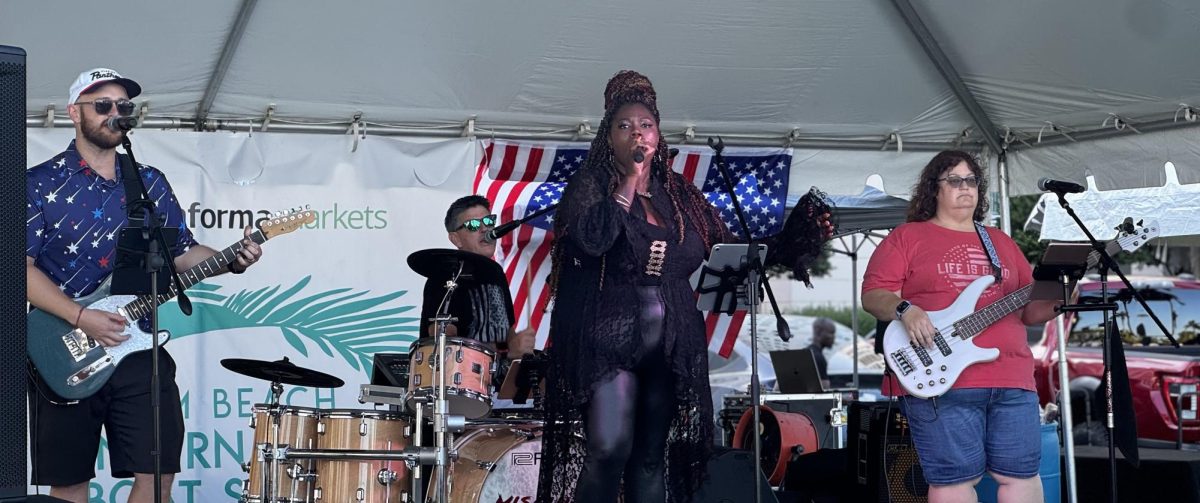
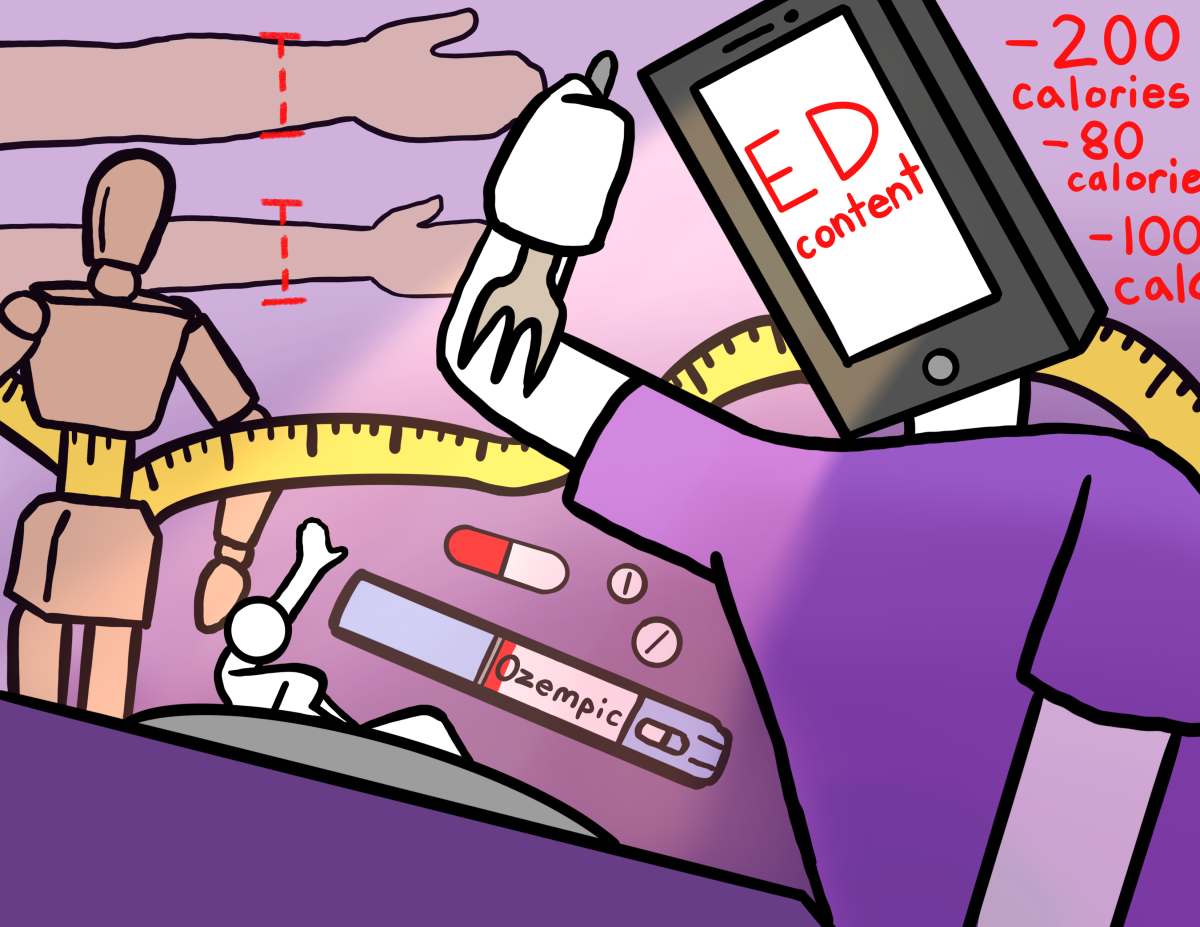
Lal • Apr 7, 2018 at 4:13 am
You have made your point pretty effectively..
yukesh chaudhary • Apr 7, 2018 at 4:11 am
You actually explained it perfectly!
Yusef Jones • Feb 26, 2018 at 12:20 pm
It is Alpha Male Domination (Might is Right) Patriarchy is the root of what passes for ‘rape culture’. Women have always been one of the prizes (booty) of winning the war.
We miss the mark when we isolate symptoms of a systemic problem. One which evolved out of collective decision making on our part as a species — over thousands of years. Predicated upon decisions of survival, where conflict and force were resorted to — versus cooperation and reason.
That which would be best and a win for all parties involved.
The article is very well written and a good read. A good initial incursion into the problem.